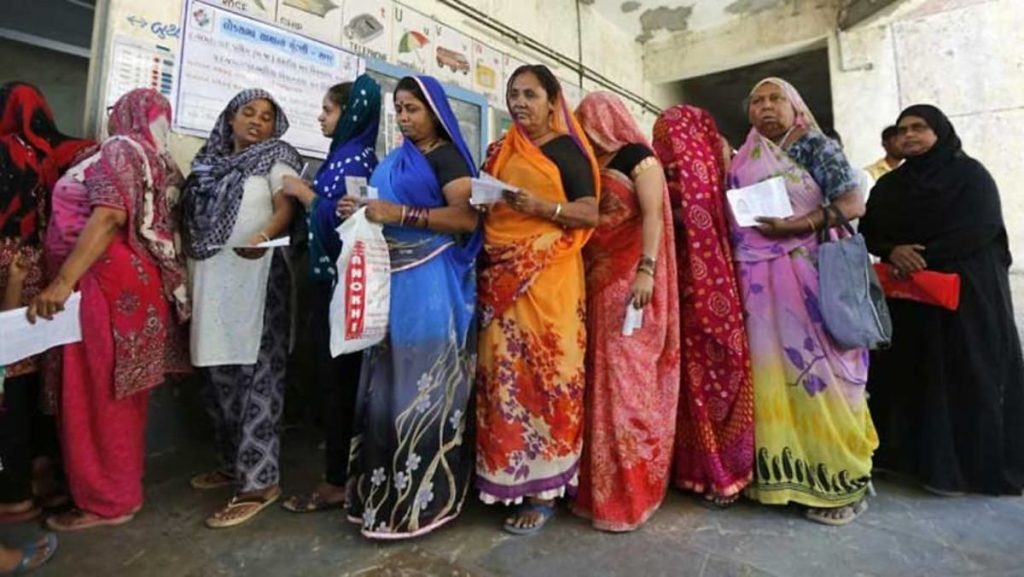Despite efforts towards a fairer and more equitable Indian society, the deeply ingrained patriarchy continues to challenge this image. Shocking incidents of sexual assault involving politicians from various parties have highlighted this issue. For example, female Olympic wrestlers accused Brij Bhushan Sharan Singh, who was the president of the wrestling federation at the time and a BJP Member of Parliament, of sexual assault. However, their pleas for action have reportedly been ignored, with police even detaining the athletes during a protest march towards the parliament building. This reflects a broader trend where women’s issues receive less attention in Indian elections compared to topics such as religion, temple politics, and minorities.
Despite these challenges, there are signs of change within the political landscape. Vanathi Srinivasan, the president of the BJP’s women’s wing, noted that Prime Minister Modi has brought attention to Indian women and forced some change in the political discourse. Since coming to power in 2014, political parties have increasingly focused on attracting women voters by addressing their concerns and needs. This shift indicates a recognition of the importance of women as a significant voting bloc and highlights the ongoing process of engaging with women’s issues within the political sphere, which have historically been overlooked.
Psephologist Yashwant Deshmukh, the founder and director of a polling agency specializing in election research, emphasized the growing importance of women voters in Indian politics. He noted that politicians are making concerted efforts to appeal to female voters by announcing various schemes and addressing issues like law and order, harassment, and rape. Despite not receiving as much coverage in the media, these issues are becoming significant priorities for politicians who recognize the importance of addressing women’s concerns in order to secure their votes. This strategic approach underscores the shifting dynamics within the political landscape as parties seek to engage with female voters and address long-standing gender disparities.
The ongoing focus on women voters reflects a changing political climate in India, where women’s issues are increasingly being recognized as priorities that need to be addressed. While patriarchal attitudes and behaviors persist within society, there is a growing acknowledgment among political parties of the need to appeal to women voters and engage with their concerns. This shift has been catalyzed by Prime Minister Modi’s attention to women’s issues and the subsequent push for change within the political sphere. By emphasizing the importance of addressing issues related to women, politicians are demonstrating a commitment to breaking down patriarchal structures and striving towards a more equitable society where women are valued and their voices heard.
However, challenges remain in fully addressing the patriarchal culture that pervades Indian society. Incidents of sexual assault involving politicians highlight the systemic issues that continue to oppress women and perpetuate gender inequality. The lack of effective action in response to these incidents underscores the deep-rooted nature of patriarchal attitudes and the struggles women face in seeking justice and equality. Despite some progress in acknowledging women’s issues within the political sphere, there is still much work to be done in dismantling patriarchal structures, changing attitudes towards women, and creating a society where gender equality is truly realized.
In conclusion, while progress has been made in addressing women’s issues within Indian politics, the underlying patriarchal culture continues to pose significant challenges. The focus on women voters and the increased attention to women’s concerns signal a shift in the political landscape towards greater inclusivity and recognition of women’s rights. However, systemic issues of gender inequality, sexual assault, and lack of accountability persist, highlighting the need for continued efforts to dismantle patriarchal structures and create a more equitable society for all genders. By confronting these challenges head-on and working towards lasting change, India can move closer to realizing its vision of a fairer and more just society for all.


